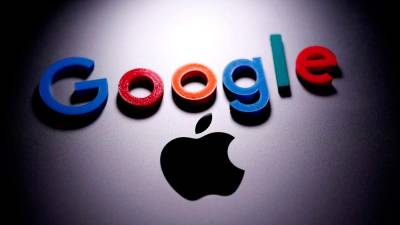SAN JOSE: A federal judge has denied requests from Apple, Google, and Meta Platforms to dismiss lawsuits accusing them of promoting illegal gambling by hosting and profiting from casino-style apps.
U.S. District Judge Edward Davila in San Jose, California, rejected the companies’ primary defence that Section 230 of the federal Communications Decency Act protected them from liability.
Judge Davila dismissed some claims alleging violations of specific state laws but allowed the core consumer protection claims to proceed in all states except California.
Google, a unit of Alphabet, offered no immediate comment on the ruling.
Apple and Meta also did not immediately respond to requests for comment regarding the court’s decision.
The plaintiffs’ legal representatives similarly did not provide an immediate response to inquiries.
Dozens of plaintiffs argued that Apple’s App Store, Google’s Play Store, and Meta’s Facebook promoted an authentic Vegas-style slot machine gambling experience through an illegal racketeering conspiracy.
They alleged the defendants exploited users, triggering depression and suicidal thoughts while collecting 30% commissions estimated at over $2 billion on processed transactions.
The lawsuits seek unspecified compensatory damages and triple damages among other legal remedies.
Judge Davila determined in his 37-page decision that Apple, Google, and Meta did not act as publishers when processing payments, undermining their Section 230 immunity claims.
He found it irrelevant that the companies provided neutral tools to support the apps and rejected arguments that the plaintiffs’ failure to label them bookies excused liability.
The judge wrote that the core of plaintiffs’ theory concerns defendants improperly processing payments for social casino apps.
Judge Davila authorised Apple, Google, and Meta to immediately appeal his decision to the 9th U.S. Circuit Court of Appeals due to the importance of the Section 230 issues.
The 9th Circuit had dismissed earlier appeals in May 2024, citing lack of jurisdiction at that time.
The litigation against these Silicon Valley-based technology giants began in 2021.
The cases are proceeding in the U.S. District Court for the Northern District of California under specific case numbers for each company. – Reuters
